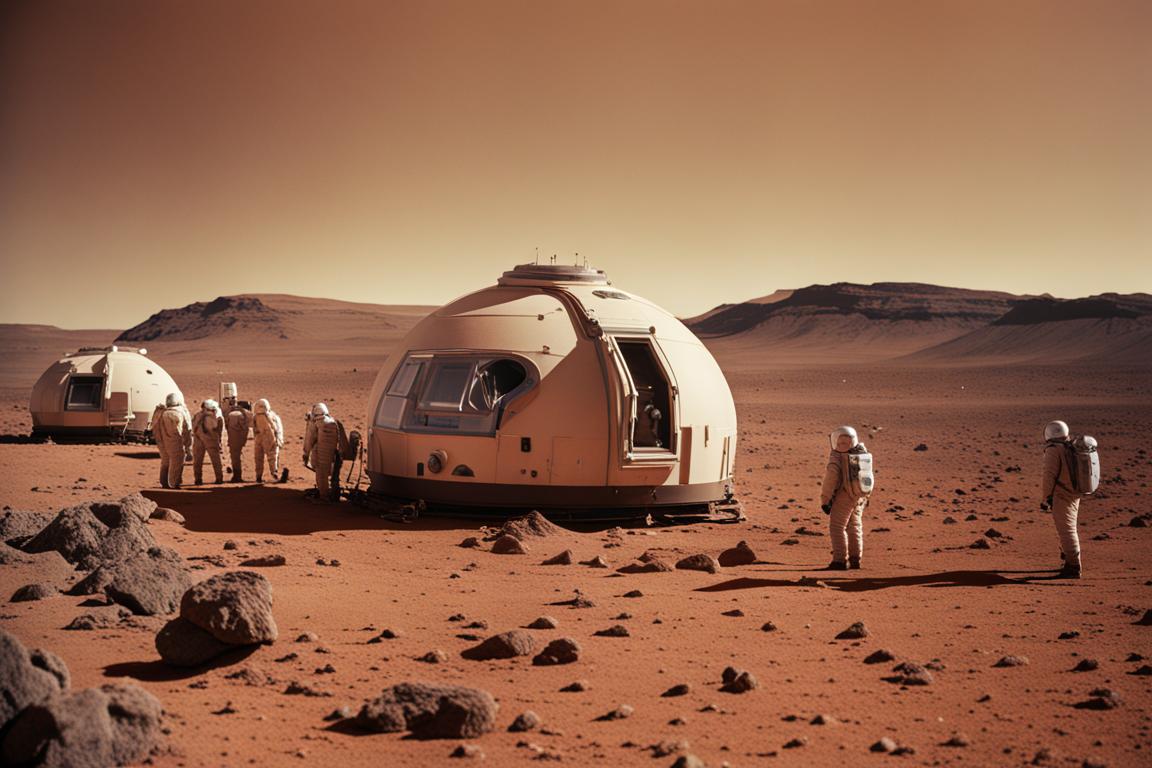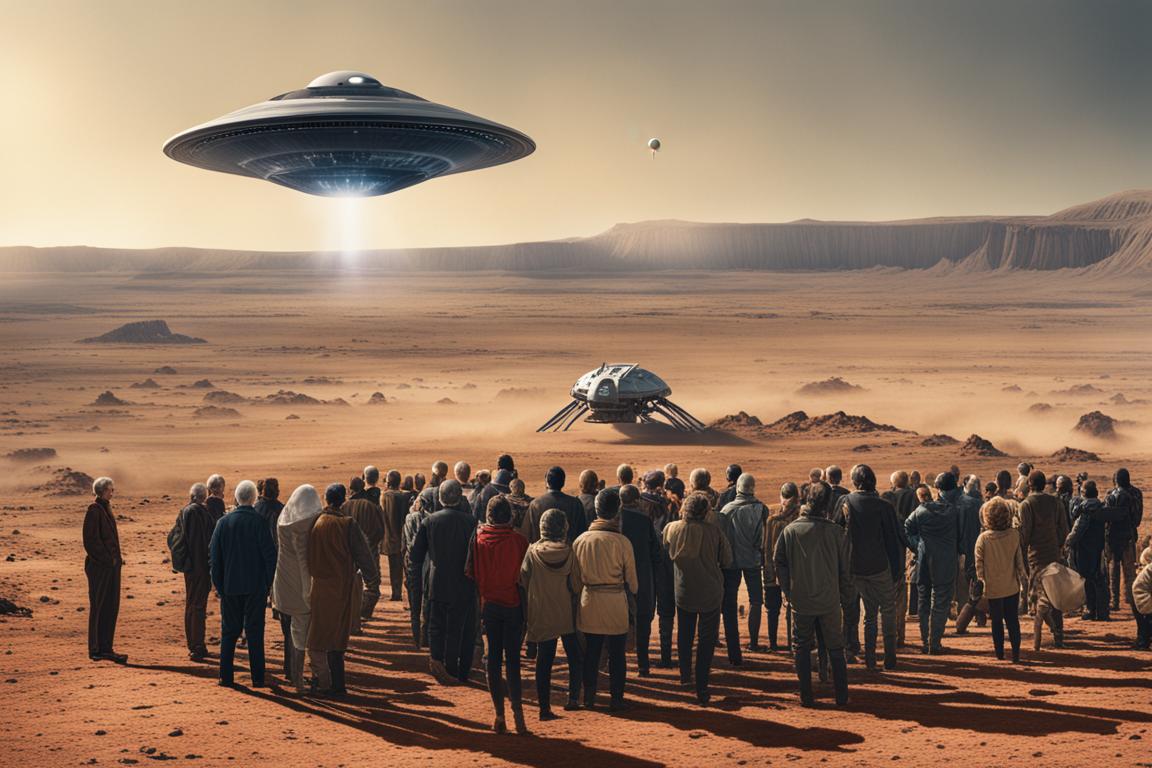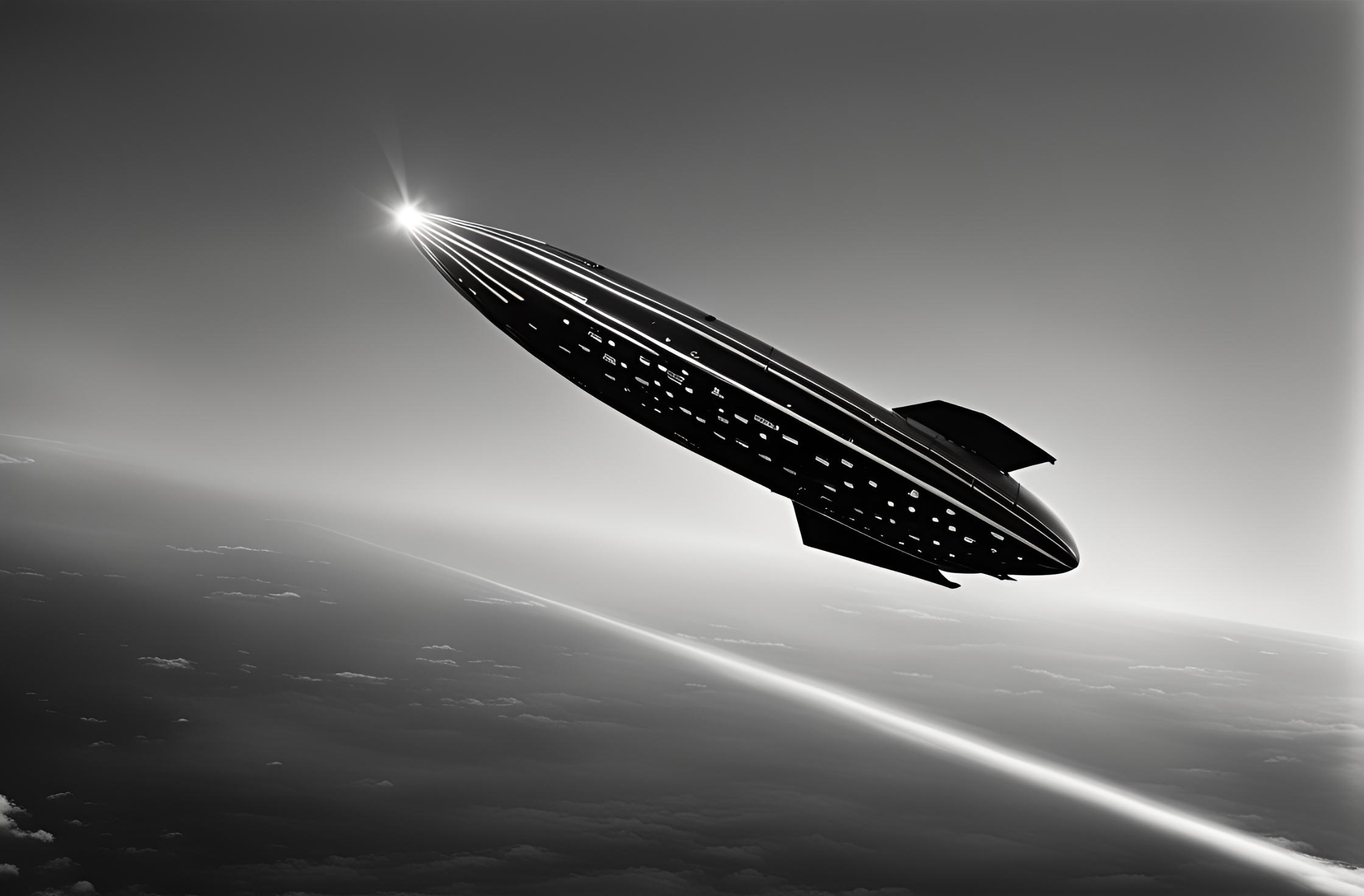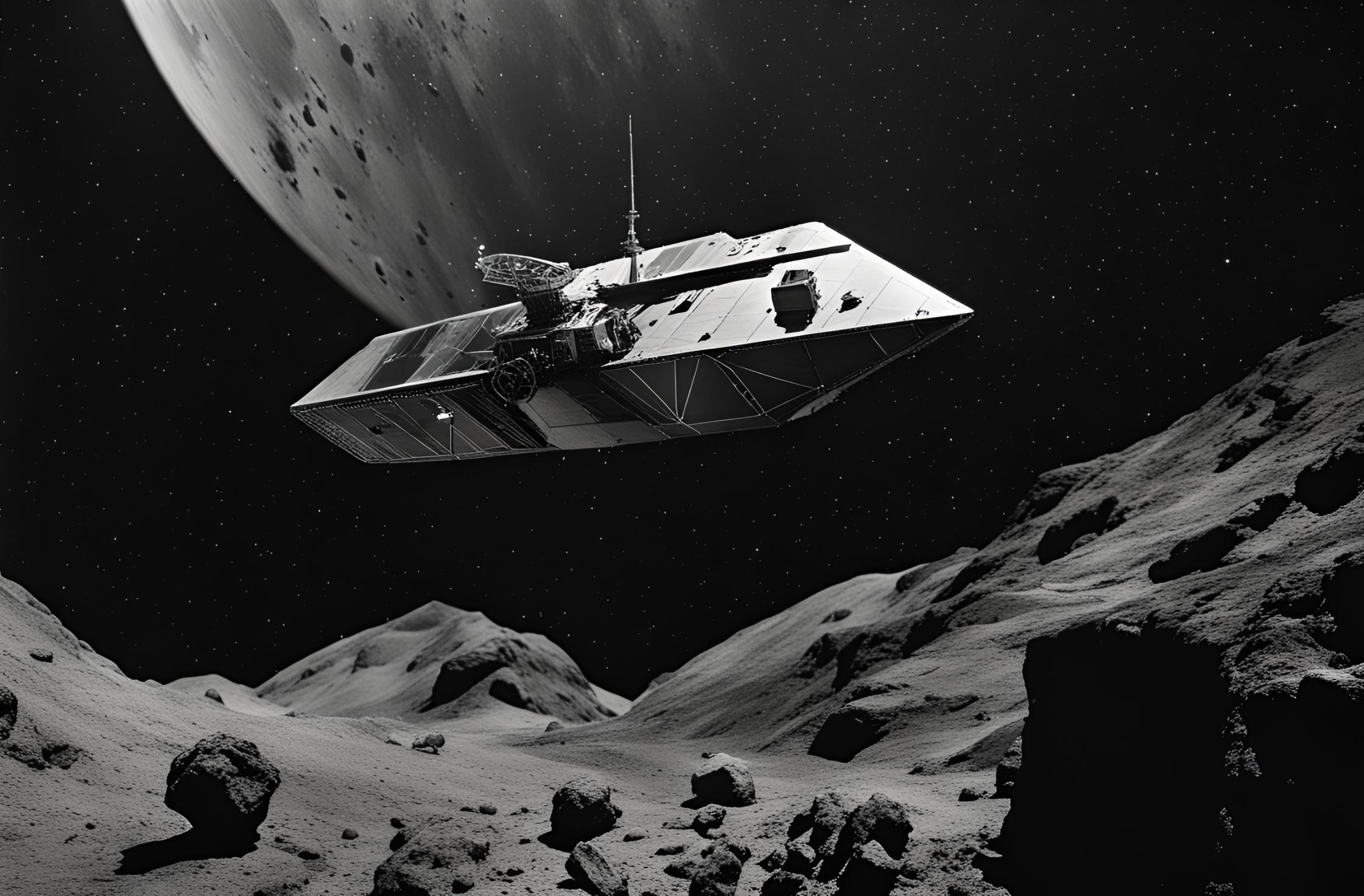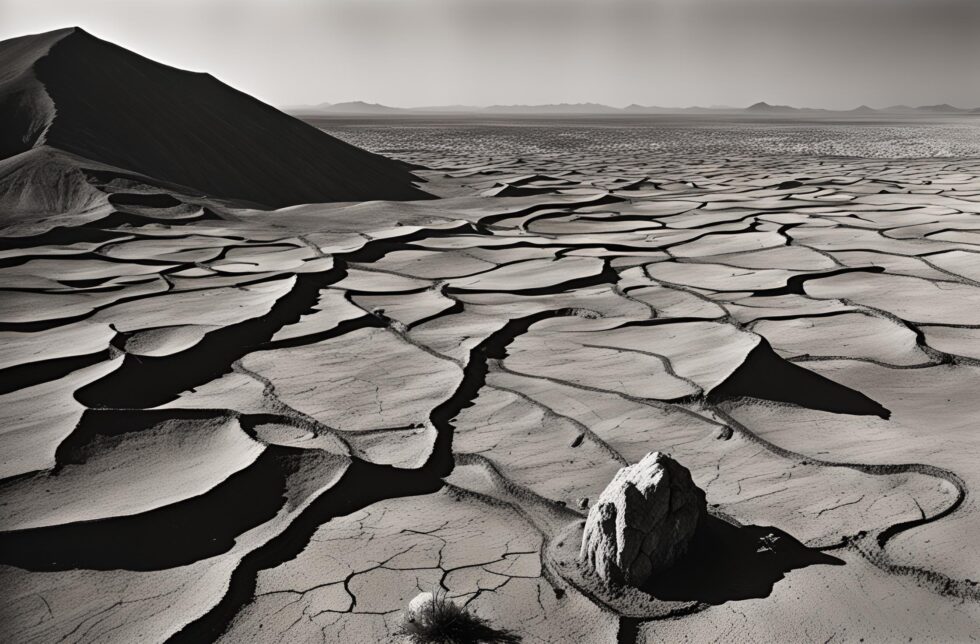
In the year 2084, Earth had become a barren wasteland. Decades of unchecked pollution, deforestation, and climate change had rendered the planet uninhabitable. The skies were perpetually choked with ash and toxic fumes, the oceans had turned into acidic cauldrons, and the once lush landscapes were now desolate deserts. Humanity, in its hubris, had pushed the planet beyond the brink of recovery, and now, it was time to face the consequences.
Realizing the severity of the crisis, the global community united in a last-ditch effort to save the human race. The world’s brightest minds and most powerful leaders came together to devise a plan for humanity’s survival. The only viable solution was to seek refuge beyond Earth, to find a new home among the stars. Thus, Project Exodus was born.
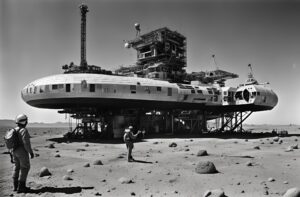
Project Exodus was an ambitious and unprecedented endeavor. It involved the construction of massive, self-sustaining space arks that would carry the remnants of humanity to a distant, habitable planet. These arks were equipped with advanced life support systems, agricultural modules, and everything necessary to sustain life during the long journey through space. The selection process for the passengers was rigorous, prioritizing scientists, engineers, medical professionals, and those with essential skills for rebuilding society.
As the space arks prepared for launch, there was a palpable sense of both hope and sorrow. Families were torn apart, as not everyone could be accommodated on the arks. Those left behind faced a grim fate, but they found solace in knowing that their sacrifice would give humanity a chance to start anew. The day of departure arrived, and with heavy hearts, the chosen few boarded the arks, leaving behind the only home they had ever known.
The journey through space was arduous and fraught with challenges. The arks traveled for years, navigating through the vast emptiness of the cosmos. The passengers faced numerous hardships, from technical malfunctions to the psychological toll of isolation. Yet, they persevered, driven by the hope of a better future. Along the way, they made remarkable scientific discoveries, advancing their understanding of the universe and their place within it.
After what felt like an eternity, the arks finally approached their destination: a distant exoplanet named Elysium. Elysium was a paradise compared to the ravaged Earth they had left behind. It was a world of pristine oceans, verdant forests, and abundant resources. The sight of this new world filled the weary travelers with a renewed sense of hope and determination. They had made it; humanity had a second chance.
The colonists disembarked from the arks and began the arduous task of establishing a new society on Elysium. They were determined not to repeat the mistakes of the past. Sustainability and environmental stewardship became the cornerstones of their new civilization. They implemented advanced technologies to harness renewable energy, recycle waste, and protect the planet’s ecosystems. Education and scientific inquiry flourished, as the colonists sought to learn from their previous failures and build a better future.
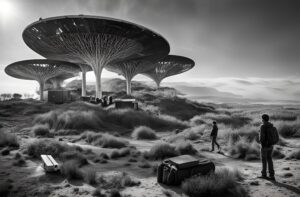
Over time, the new society on Elysium thrived. The colonists adapted to their new environment, developing a deep connection with the planet and its natural wonders. They built cities that harmonized with the landscape, blending advanced technology with the beauty of nature. The arts and culture flourished, reflecting the diverse heritage of the people who had come together to create this new world.
Generations passed, and the memory of Earth became a distant legend. The children of Elysium grew up hearing stories of the old world, a cautionary tale of humanity’s hubris and the consequences of neglecting the environment. These stories served as a reminder of the importance of living in harmony with their new home.
As the society on Elysium continued to evolve, they made remarkable advancements in science, medicine, and technology. They explored their new solar system, discovering other planets and moons that held potential for future colonization. They established peaceful relations with other intelligent species they encountered, sharing knowledge and culture.
The people of Elysium never forgot the sacrifices made by those who had stayed behind on Earth. They honored their memory by ensuring that their new society remained just, equitable, and sustainable. They had learned the hard way that the survival of humanity depended on their ability to coexist with nature and each other.
In the end, the story of humanity’s exodus from Earth and their rebirth on Elysium became a testament to the resilience and ingenuity of the human spirit. It was a story of hope, redemption, and the enduring quest for a better future. As they gazed up at the stars, the people of Elysium knew that they were not just survivors of a dying world, but pioneers of a new beginning.

